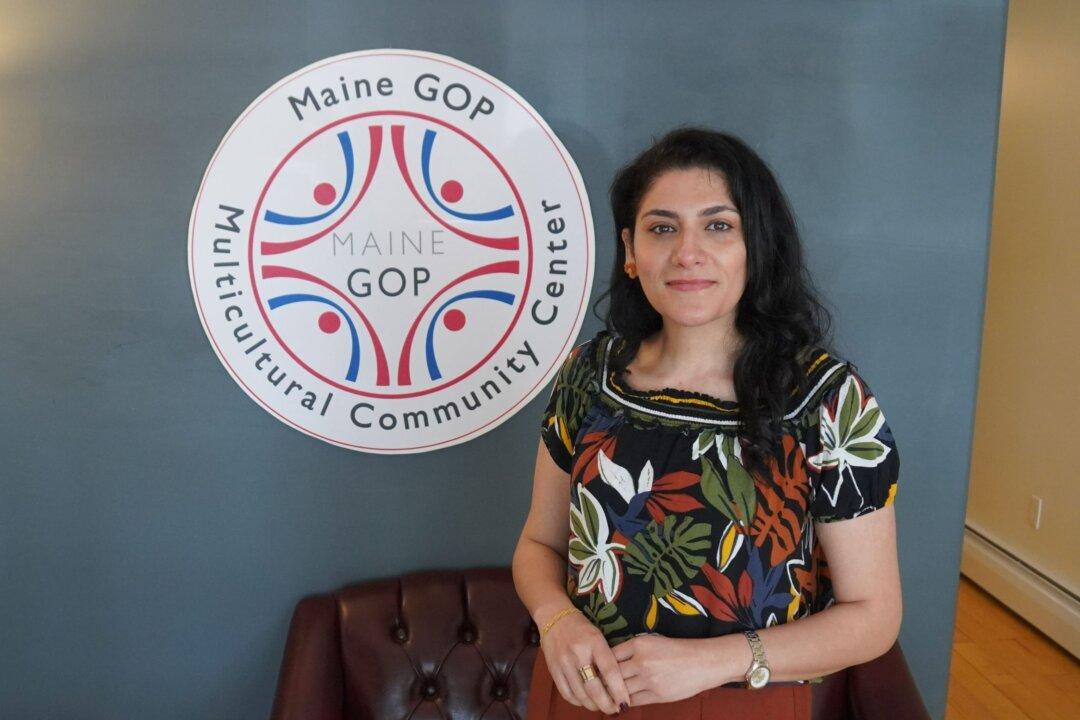PORTLAND, Maine—Every town is a border town.
Just ask Democratic city officials in Portland, Maine, who are struggling to provide social services to a flood of asylum-seekers and illegal immigrants from all over the world.

PORTLAND, Maine—Every town is a border town.
Just ask Democratic city officials in Portland, Maine, who are struggling to provide social services to a flood of asylum-seekers and illegal immigrants from all over the world.